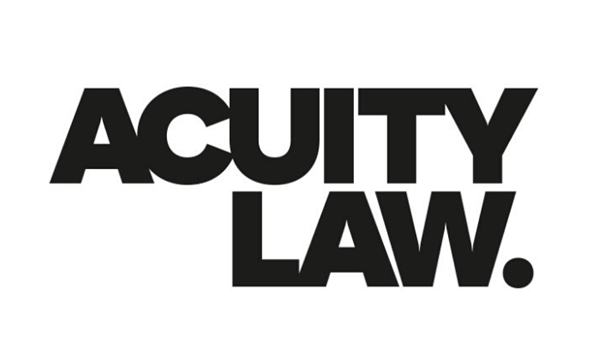
Written By:
Declan Goodwin, Senior Partner, Commercial & Technology
Joshua Prior, Trainee Solicitor, Litigation & Dispute Resolution Team

As artificial intelligence (AI) becomes embedded in every part of the global economy, it is no longer just about models and algorithms.
AI regulation is now just as much about politics, trust, and transparency, as it is about coding, development, and innovation – and every major economy is developing its own regulatory framework.
This guide highlights how key regions around the world are approaching AI oversight and what that means for businesses designing, deploying, or buying AI in Wales and the wider UK.
Europe: The Most Comprehensive Approach
The EU has led the way on regulation with the AI Act, which classifies AI systems by risk level: high, limited, or low, and imposes strict requirements on those deemed high risk. These include obligations to log training data, prove safety, and clearly label synthetic content. Real-time biometric scanning is already banned, with wider restrictions coming into force in 2026.
Implication for UK Businesses:
If your AI tools are used in critical infrastructure, healthcare, or recruitment, prepare for compliance paperwork, including the possibility of appointing an EU-based representative.
United Kingdom: Principles Over Prescriptions
The UK continues to take a lighter, more flexible approach to regulations based on the five principles of safety, transparency, fairness, accountability, and contestability. While a statutory AI framework continues to be a topic of debate, regulators currently rely on guidance rather than enforceable legislation. The AI Safety Institute runs technical evaluations of advanced models but does not currently mandate them.
UK companies should build agile governance processes that can adapt quickly if voluntary principles become formal legal requirements in the future.
United States: Fragmented but Fast-Moving
At the federal level, AI regulation has been slow. The infamous “One Big Beautiful Bill Act” was stripped of its 10-year “temporary pause” on state-level regulation, meaning individual states are free to regulate as they see fit. States like California and Colorado therefore keep their own regulatory frameworks, and it remains to be seen whether other states will follow.
When working with US clients, treat each state as a separate compliance environment; contracts and processes may need to vary to reflect different obligations. Alternatively, ensure that you meet the requirements of the State(s) with the strictest requirements.
China: Data Security as a Priority
Since 2023, China has required AI developers to watermark synthetic content, perform security assessments, and store data locally unless exceptions are granted. New rules coming into effect in 2025 will further tighten requirements, especially for labelling AI-generated media.
If your system collects or processes data from users in China, you will likely need a mainland data centre or to partner with a licenced local carrier to remain compliant.
Canada and Singapore: Stable, Rules-Based Environments
Canada’s Artificial Intelligence and Data Act is still being discussed, but in the meantime, a voluntary Code of Conduct guides responsible AI use. Singapore has already adopted a governance framework and recently joined the Global Cross-Border Privacy Rules (CBPR) initiative to streamline international compliance.
These markets reward clear risk assessments and transparent practices, but documentation is key.
India: Evolving But Uncertain
India is updating its Digital Personal Data Protection Act 2023 with provisions that could restrict international data transfers through a government “negative list.” Draft 2025 rules suggest that certain types of data may have to remain within India.
Businesses handling personal data from Indian users should monitor developments closely and build flexibility into their data storage and processing arrangements.
Five Compliance Essentials for Cross-Border AI Deployment
- Choose a valid data transfer mechanism such as Standard Contractual Clauses, adequacy decisions or frameworks, such as the EU–US Data Privacy Framework, or the Global CBPR system.
- Maintain a clear, auditable data lineage to meet both EU and Chinese requirements.
- Localise only when necessary and keep non-sensitive data in cost-effective central storage.
- Run red-team cybersecurity tests especially for higher-risk applications or entry into China or the EU.
- Draft flexible, modular contracts so you can update them easily as new laws are introduced
To conclude, global AI regulation is a moving target, but the fundamentals are now clear: trust, transparency, and local adaptability are non-negotiable.
UK businesses should design AI systems with a strong central governance framework that can be tailored to meet the specific requirements of each jurisdiction. That way, whether you are exporting to Europe, entering the US market, or working with partners in Asia, your business is ready to maximise opportunities.







